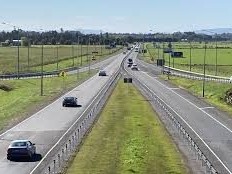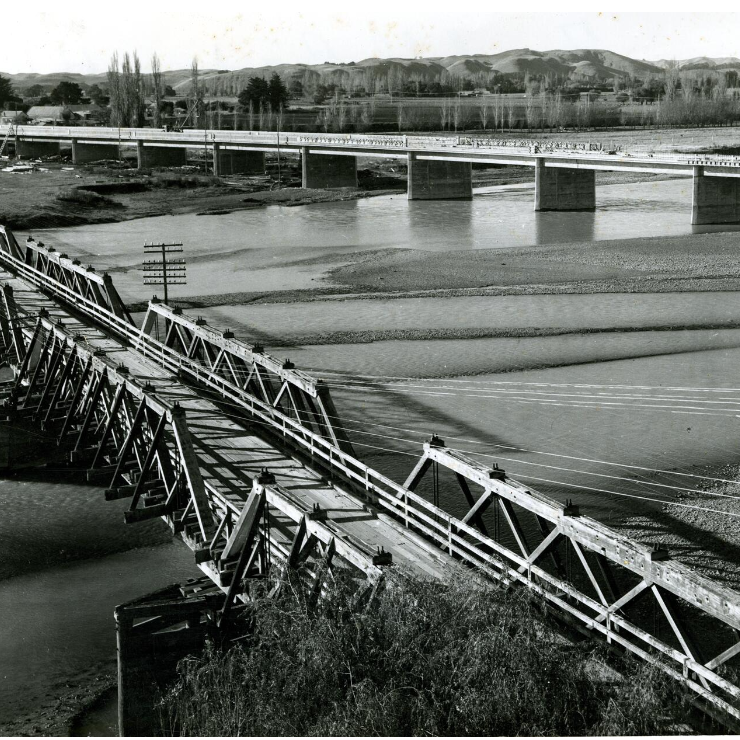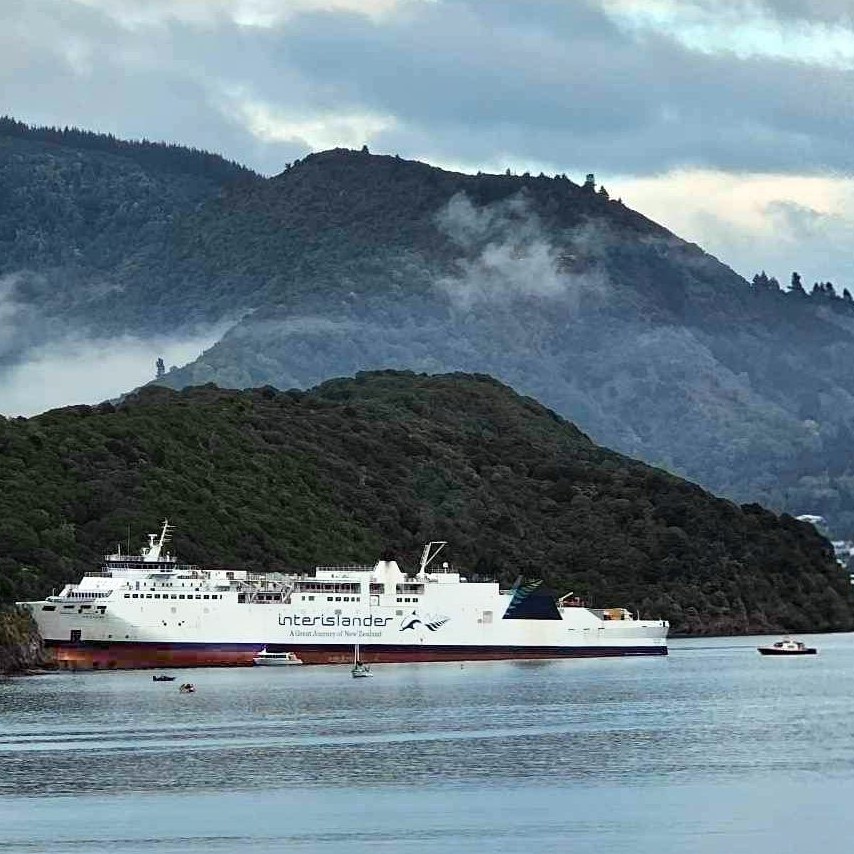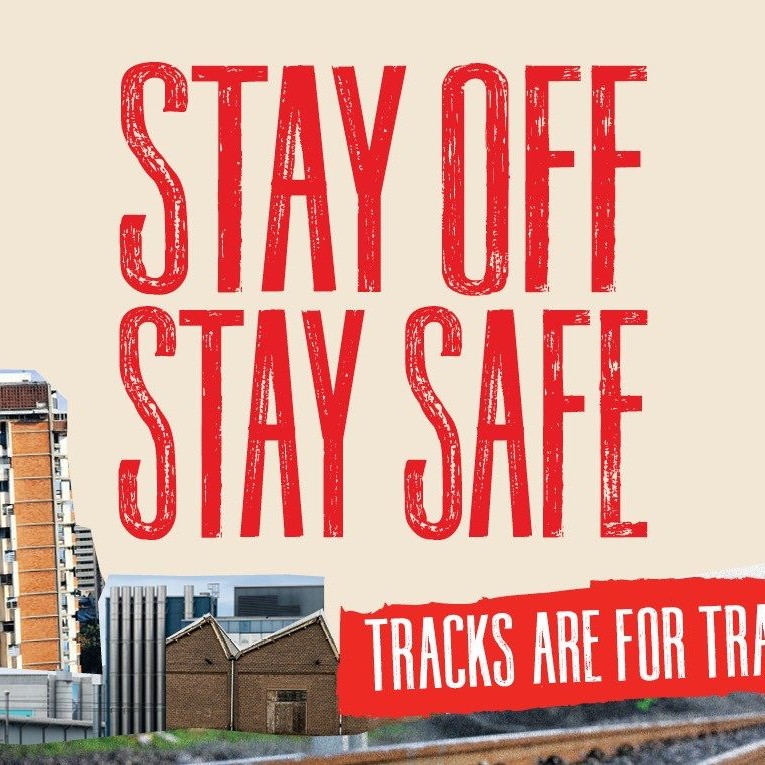
National road freight association Transporting New Zealand is endorsing plans to toll the new 10km motorway from SH1 Belfast to Pegasus Motorway and the new Woodend Bypass (B2P), which is planned to open by 2030.
Transporting New Zealand Chief Executive Dom Kalasih says that tolling revenue is essential to getting B2P and other Roads of National Significance delivered.
The NZTA estimates that the route will earn $514 million in tolls over 35 years (or a positive net present value of $125m), helping cover the estimated cost of construction of between $729-$876m.
“Between this route and two other recently proposed toll roads which we supported – Otaki to North of Levin and the Takitimu North Link in Bay of Plenty – some $1.5 billion in toll revenue is estimated to be collected over 35 years. That’s money that doesn’t come from the National Land Transport Fund, and which can instead be allocated to maintaining or improving existing roads,” says Kalasih.
“Nobody enjoys stumping up for road tolls, particularly when they’re already paying fuel tax or weight-calculated Road User Charges. However, modern, grade separated roads keep motorists safer, move people and freight faster, and reduce congestion and inefficient stop-start driving.”
“B2P also has toll-free alternative routes available and projected traffic volumes well above the mandatory 10,000 daily tolling threshold.”
“The sooner we can deliver those improvements the better.”
Kalasih says the alternative to tolling is additional government borrowing, higher fuel taxes and Road User Charges, or freezing the roading pipeline. As it is, NZTA’s forecasting shows a growing transport funding deficit, reaching $6b a year by 2030.
The proposed toll road is innovative in having two toll gantries on different sections of the route, but with a proposed toll fee for each being half what a single toll across the entire route would be ($1.25 for light vehicles, and $2.50 for heavy vehicles, or a total of $2.50/$5.00 across the entire route).
“The New Zealand Transport Agency have devised this solution as a way of minimising diversion of through traffic onto local roads, while also being fairer to local traffic who may only use a portion of the route,” Kalasih says.
“This section of State Highway is a major freight route and a major connector to Christchurch city, the airport, and Lyttleton Port. Upgrading some of the highway to a 4-lane divided motorway, and adding the new Woodend Bypass will take heavy freight off local roads, reduce travel times and improve road safety for a modest toll fee,” Kalasih concludes.





